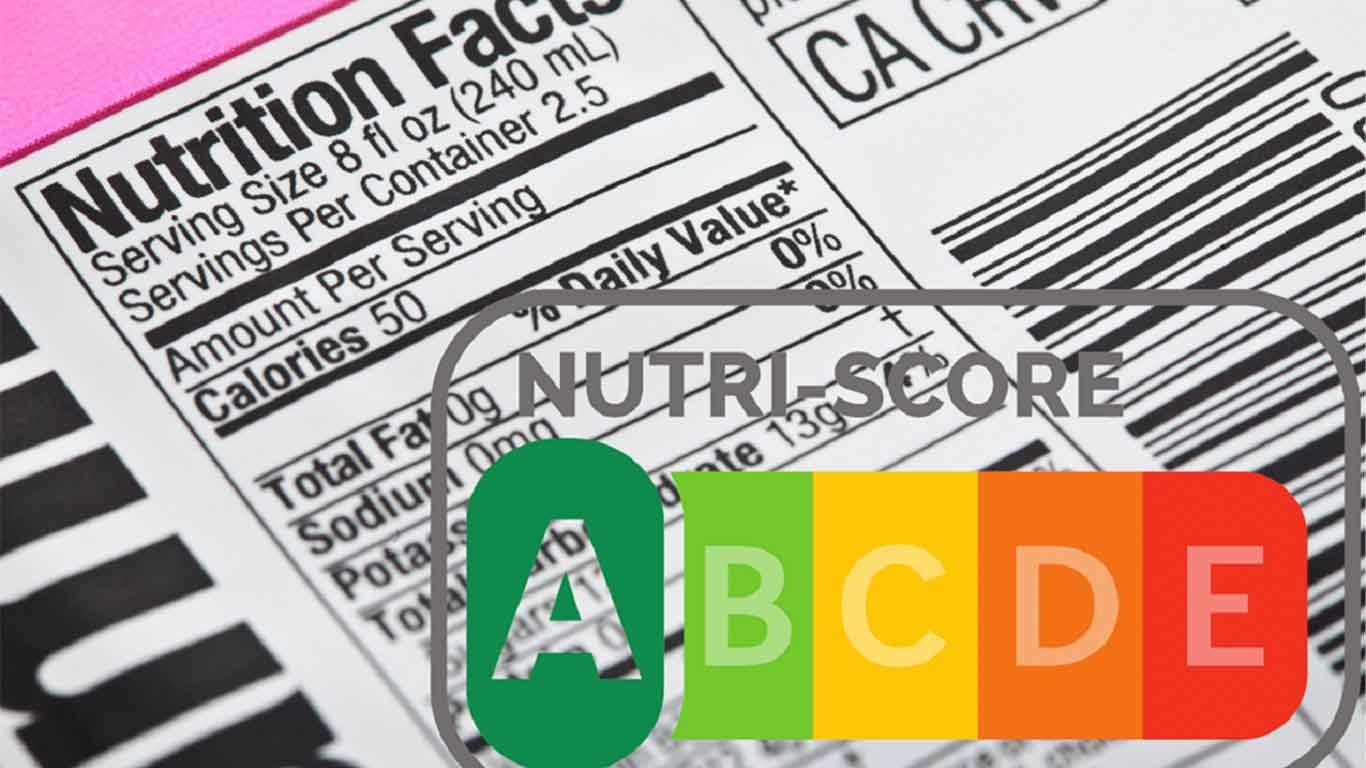The Food & Beverage industry is constantly changing, and so it is important that companies can extract data at any given moment to make prompt business decisions. The failure of legacy systems to keep up with these needs for F&B manufacturers is entirely predictable – in fact, most of the producers who employ these systems are aware that they are living on borrowed time and simply delaying inevitable problems.
Unfortunately, majority of manufacturers who have legacy PLM systems indicate that they are basically stuck waiting for the platform to gasp its last breath– they cannot move forward with unsupported systems, but they fear the cost of a new PLM, ERP or formula management system. In other words, these older systems stunt their business growth.
With cloud data management systems, companies can find quality control and consistency, streamlined reporting, business agility, and reduced costs.
Migrating from on-premise legacy systems to the Cloud
Systems that run on antiquated software applications – especially those that cannot be upgraded or supported – present an overwhelming obstacle to sustainable growth for manufacturers who seek to innovate, create exciting new products faster, improve product quality, and boost ROI.
If migration to a cloud system is possible, they certainly have greater success. These recipe-based manufacturers should understand that when they migrate it takes the same or less amount of resources to acquire a better long-term solution – like software as a service, (SaaS), product lifecycle, and product development management process solutions.
Companies that are satisfied with their current on-premise software see cloud migration as an unnecessary, cumbersome step that could be riddled with flaws. In other words, they anticipate that migrating to cloud will have no value because the upkeep will be hard. Instead, cloud’s infrastructure creates the opposite scenario: reduced hardware from a local space means that companies do not have to deal with maintenance of servers because it is all set up for them remotely. SpecPage promises to support companies with installations of SpecPDM Cloud and its future upgrades, regardless of how customized the current on-premise system is.
Limited systems security with legacy
Data and intellectual asset security is imperative. Legacy systems are inflexible and offer little to no protection of classified data – in fact, most are not Unicode ready and SSO is entirely unsupported – which makes global regulatory compliance nearly impossible to achieve.
For manufacturers who currently run legacy systems to become and sustain profitability, they must employ innovative solutions.
Integrating systems to avoid data blunders: Making the decision to replace an obsolete legacy PLM system while the basic equipment is mechanically sound is the best plan for most manufacturers, because some or most of the initial investment can be preserved.
Particularly for producers who are running siloed systems, the greatest challenge is often the attributes; there can be hundreds of attributes for distributors, and hundreds more for regulatory compliance – but most legacy systems simply cannot easily add or support additional attributes. Data must be created and generated so that it can be shared – so attribute flexibility is crucial.
Silos stifle innovation for new products – just as importantly, they do not support the workflow data that is imperative to avoid cross-contamination recalls. They can no longer be customized or upgraded, and bill of materials information is unable to migrate.
The best possible combination with SpecPage digital solutions
There is value in both enterprise resource planning (ERP) and product lifecycle management (PLM) for manufacturers who strive to compete in the global marketplace. ERP keeps transaction activities on track, PLM follows the entire lifecycle of the product and maintains the integrity as well as the historical records – so when they are combined and integrated, they provide efficient, effective end-to-end control of the entire product lifecycle manufacturing process.
When upgrading their legacy system, many businesses fall prey to technical difficulties or integration obstacles – especially with SAP ERP – but customers who choose the SAP GTIN Connector to publish to the GDSN and employ SpecPDM have the freedom to choose applications that support accurate, efficient process solutions and utilize their resources most effectively. For legacy system upgrades, the key is process solution diversity.
There are several crucial elements to consider when upgrading systems, integrating silos and replacing legacy platforms, but particularly with the lower-cost PLM SaaS options now available within the SpecPage suite of process solutions. Cutting fees in return for optimizing business performance seems like a no-brainer. SpecPage’s SpecPDM Cloud can give F&B producers specifically this – and more.
The SpecPDM Cloud is perfectly designed for food and beverage production and maintenance, so F&B companies can expect to receive the general benefits of a cloud computing software coupled with a system that is literally built for the industry’s needs.




